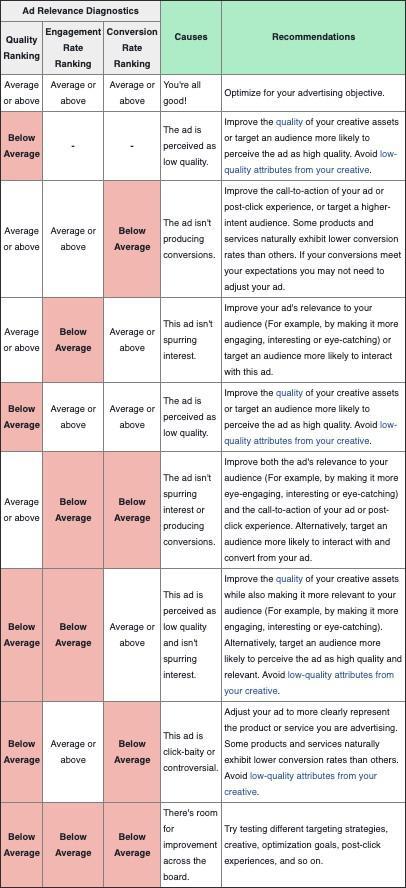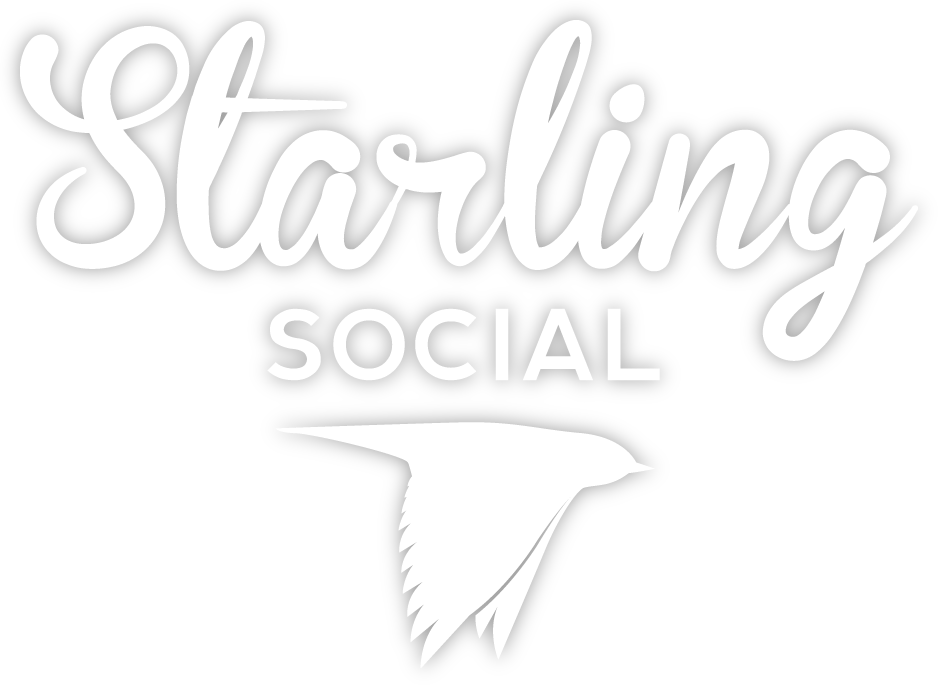Facebook Ads Not Delivering? Here's How to Solve It
There’s nothing quite like logging into Facebook Ads Manager and seeing all those rows of statistics and data, showing you that your ad is accomplishing its goals.
But what if you log in and your ads aren’t delivering?
This is (understandably) one of the most stressful things to see — those zero’s across the board are enough to give anyone a heart attack!
If your ads aren’t delivering, or you’re running into issues getting your Facebook ads approved, then this is the post for you. We’ll be diving into four of the most common reasons why ads don’t deliver, and what you can do to solve it.
Not seeing your ad doesn’t mean it’s not showing
This post is going to focus on ads that aren’t earning any Impressions, not on ads that you haven’t seen personally.
Here’s why: sometimes a client will say something like “I’m not seeing my ad, does that mean it’s not working?”
The short answer is: no, just because you’re not seeing your own ad doesn’t mean it’s not delivering.
In fact, if you’re not a member of the audience you’re targeting with your ads, then it’s a good thing that you can’t see the ad. Otherwise something would be off in your audience targeting!
So for the purposes of this article we’re going to focus on solving why your ad isn’t earning an Impression share — not when you aren’t personally seeing your ad.
Issue #1: Your audience is too small
This is the most common reason ads don’t show up: the audience you’ve selected is too small.
Facebook requires advertisers to have a minimum of 1,000 users in your target audience, so trying to be too specific can actually hurt your ad delivery.
Things that could be causing this issue include:
- The targeting parameters you’ve chosen don’t have enough users in them
- You’re excluding too much of your audience to try and be efficient
- The customer list you’ve uploaded isn’t matching as many people as anticipated
- Your targeting layers aren’t set up correctly
If you’re trying to be very, very targeted with your Facebook ads, it might be causing your ads to not show up at all.
How to solve it
Solving this issue comes down to answering this question: can people outside of the audience you’ve created see your ads?
If no, then your ads won’t be able to run because the audience you’ve defined is too small.
If yes, then you can solve this issue by expanding your target audience. You can do this in a few ways:
- Add some additional behaviours or interests
- Extend your geographic restrictions
- Add more users to your customer upload list
No matter what you do, you’ll need to reach the 1,000-person threshold before your ads will show.
Issue #2: Your ads are limited, or disapproved
Until pretty recently, one of the biggest issues with ads not showing was the amount of text in the ad, but September 2020, Facebook announced that it was removing text limits on ad images.
This is great news for advertisers, as this was the most common reason why ads were being limited or disapproved.
Nowadays the biggest challenge with having an ad approved comes down to how it’s categorized is whether or not it falls into a “special category” like:
- Social issues, elections, or politics. Ads made on behalf of, or about a candidate for public office, political parties, etc.
- Credit opportunity. This includes credit cards offers, auto loans, and other personal or business loan services.
- Employment opportunity. Ads related to full or part-time jobs, internships, job fairs, and other related topics.
- Housing opportunity. Ads that link to housing opportunities, including homes for sale, rentals, homeowners insurance, mortgage insurance, and more.
You can read more about special ad categories on the Facebook website.
If your ad falls into a special ad category your targeting will be limited (you can’t target by age for housing-related ads, for example), and your ads will require special approval to make sure there’s no discrimination happening on the platform.
If your ads are flagged or wrongly disapproved you can reach out to support to get them approved again, but beware: this can take a long time.
How to solve it
Your options are pretty limited here: either fix the ads to fit within Facebook’s rules, or your ads won’t show.
This could mean filling out political paperwork, changing the text and images in your ads, or contacting support and waiting around while your ads have been approved (we’ve done this, it sucks).
Either way, without approval your ads won’t show.
Ready to run more efficient Facebook Ad campaigns?
Drop us a line and let's chat!
Issue #3: Your ads have bad or low engagement
Facebook wants to show ads that are engaging and entertaining, so if ads are getting little/no engagement, they won’t get shown as often as ads that receive higher levels of engagement.
Facebook assesses this based on three ranking factors:
- Quality ranking. Quality is measured using feedback on your ads and the post-click experience, which is then compared against ads that competed for the same audience.
- Engagement rate ranking. A ranking of your ad’s engagement rate, including clicks, likes, comments, and shares. Again, your ad is ranked against ads competing for the same audience.
- Conversion rate ranking. This measures how well your ad is converting, and ranks it against other ads with your optimization goal competing for the same audience.
How to solve it
The easiest way to solve this issue is to create a new ad and hope it gets better engagement. In our experience, a poorly-performing ad isn’t going to suddenly start receiving higher levels of engagement — it’s time for a redo.
There are actually lots of ways you can solve this issue. So many, in fact, that Facebook created a whole guide on how to do it:

You can read more about this topic on Facebook’s website.
Issue #4: Your bid/budget parameters are too restrictive
One of the most common reasons why an ad isn’t showing is the bid or budget is too restrictive to show it to your target audience.
Think about it this way: your audience targeting tells Facebook’s algorithm who you want to see your ads, and the algorithm serves the ad to a selection of that audience who are most likely to take the action you want them to take, whether that’s a lead gen form submission, purchase, landing page view — you get the idea.
The algorithm makes these choices based on performance (good or bad), and if you’re too restrictive with your budget it might be limiting your ad’s delivery to such a narrow audience that the algorithm can’t learn from it.
For example, if you run ads with a daily budget of just $1, Facebook can’t serve ads and learn fast enough for the algorithm to determine if the ads can be successful, and it will stop serving your ads altogether.
On the flipside, let’s say you’ve set a reasonable daily budget (say, $30/day) but you set a tight bid cap at $1.
Just like with the budget example, a too-small daily budget doesn’t give Facebook enough opportunities to reach audiences who are likely to convert. Since the ads aren’t being seen, the algorithm will stop serving them.
How to solve it
Solving this is easy: keep your budget and bid restrictions flexible enough to give Facebook enough time to learn and optimize your ads.
One way around this is to ignore daily limits altogether and set a “lifetime budget” instead. This allowed Facebook to spend your ad as it sees fit and avoids this issue altogether.
If you’re set on daily bid caps, we suggest starting off with automatic bidding for lowest cost, and then adjusting based on initial performance.
Facebook ads not delivering: use these tips!
There are lots of reasons why your ads might not be delivering, but unless you’re running an ad that’s breaking all of Facebook’s rules there’s no reason to let your ads languish!
Using the tips above should help you get your ads approved, delivering, and generating the results you’re hoping for.
Do you have any tips for solving Facebook ad issues? Tweet them at us!
And hey — if you thought this article was useful, sign up for our weekly newsletter and get articles like this (plus handy industry resources, news, and more) delivered to your inbox every Tuesday morning.

